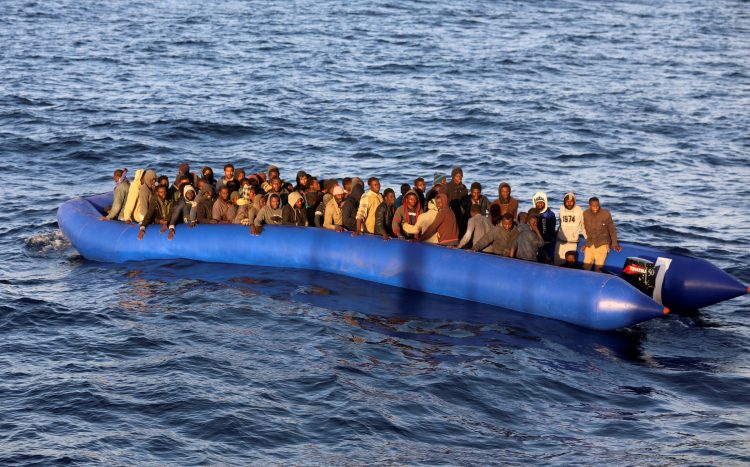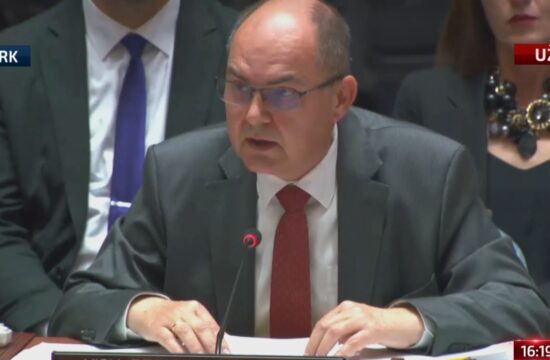
The leaders of Hungary, Slovakia, Poland, and the Czech Republic have decided not to attend this weekend's mini-summit on migration, Hungarian Prime Minister Viktor Orban announced.
President of the European Commission Jean-Claude Juncker is convening the emergency meeting in Brussels on Sunday in an effort to overhaul the EU's asylum system, which has put a strain on the bloc's frontier countries, where refugees continue to arrive daily.
The highly unusual move comes after a rescue ship packed with 630 people was turned away by Italy and Malta, once again exposing deep divisions on migration policies within the EU. The boat eventually docked in the port of Valencia after Spain offered to accept those on board.
“We understand that there will be a mini-summit on Sunday… but we would like to clearly state that the prime ministers of the V4 agreed that they will not go to that,” Orban said in Budapest on Thursday.
The V4, or Visegrád Four, is the grouping of Hungary, Slovakia, Poland, and the Czech Republic, which have all rejected proposals from other European countries to allow a certain number of refugees into their nations.
In a statement to CNN, Orban's office said the issue of migration should be debated by the European Council — which includes the leaders of all EU countries — not the European Commission, which is the EU's executive arm. A European Council meeting is scheduled for the end of next week.
“We understand that there are internal political difficulties in some countries, but this cannot result in some pan-European frenzy,” Orban said in the statement from his office.
The veiled statement may have been aimed at German Chancellor Angela Merkel, who has less than two weeks to agree on a new migration policy with European leaders or face a renewed rebellion from her own government that is threatening to bring her 13-year rule to an end.
The architect of the division is her interior minister, Horst Seehofer of the Christian Social Union (CSU) — the Bavarian sister party to Merkel's own Christian Democratic Union (CDU).
Seehofer last week defied Merkel to announce a tough new immigration policy that would see some asylum seekers turned away at the borders of Germany. He had suggested he could implement the proposals unilaterally, in defiance of both European regulations and the chancellor.
As most asylum seekers arrive and register first in Greece, Italy, or Spain, that would mean getting those countries to agree to take them back.
Merkel pushed for the emergency meeting on Sunday with the leaders of countries including major arrival states, as well as the V4, which has refused to share asylum seekers more evenly.
The Chancellor is hoping for a commitment that would see countries limit travel by asylum seekers within the bloc and share the burden of hosting.



